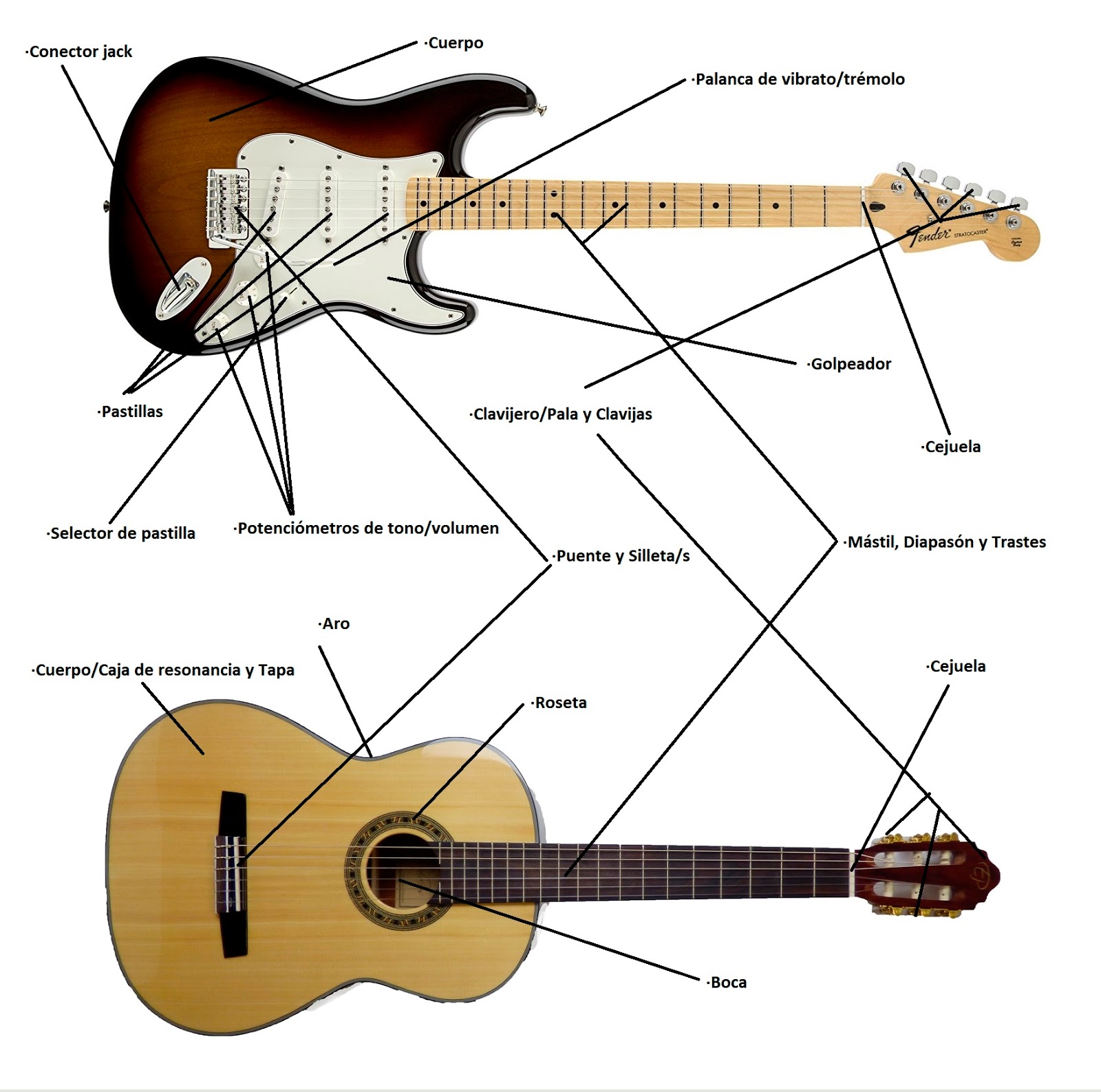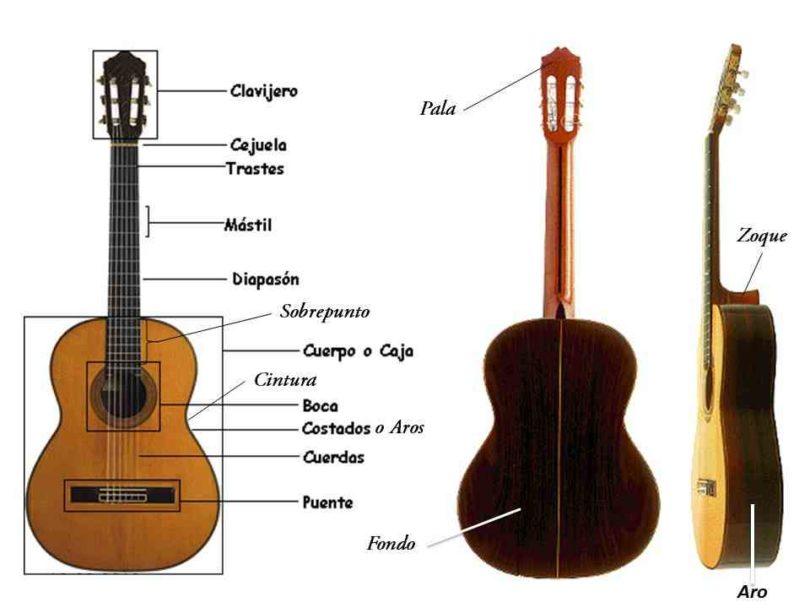Ever wondered how to write guitarra in English? Well, my friend, you're about to unlock the secrets of this beautiful word and dive deep into its origins, pronunciation, and everything in between. This isn't just about learning how to spell "guitar" or "guitarra"; it's about understanding the rich history and cultural significance behind this iconic instrument. So, buckle up and let's rock!
Let's face it, music connects us all, and the guitar is one of the most beloved instruments across the globe. Whether you're strumming a tune or just curious about the language differences, knowing how to write "guitarra" in English opens doors to a whole new world of musical exploration. In this article, we'll break it down step by step, making it super easy for you to grasp.
But wait, there's more! We'll also explore the nuances of pronunciation, common mistakes people make, and some fun facts that'll make you the guitar trivia king at your next hangout. So, whether you're a beginner or a seasoned musician, this guide is packed with info that'll elevate your guitar knowledge to the next level. Let's get started!
Read also:Mc Lyte The Untold Story Of Hiphops Queen And Her Connection To Todd 1
Table of Contents
- The Origin of the Word "Guitarra"
- How to Spell Guitarra in English
- Pronouncing Guitarra Like a Pro
- A Brief History of the Guitar
- Common Mistakes When Writing Guitarra
- Types of Guitars and Their Names
- Tips for Learning Guitar
- Writing Guitarra in Different Languages
- Fun Facts About Guitars
- Wrapping It Up
The Origin of the Word "Guitarra"
Alright, let's rewind to the roots of this awesome word. The term "guitarra" comes from the ancient Greek word "kithara," which was a stringed musical instrument played by the Greeks. Over time, as civilizations evolved, the word traveled through various languages, eventually landing in Spanish as "guitarra." It's like the instrument itself—rich, diverse, and full of history.
From Kithara to Guitarra
Now, here's the cool part: the transformation of "kithara" into "guitarra" wasn't just linguistic; it was cultural. As the Moors brought their version of the instrument to Spain, the word and the music evolved together. Today, "guitarra" is a staple in Spanish-speaking countries, while its English counterpart, "guitar," is recognized worldwide.
How to Spell Guitarra in English
So, you might be wondering, how exactly do you write guitarra in English? Well, it's simpler than you think. In English, the word becomes "guitar." See? Not too complicated, right? But don't worry, we'll dive deeper into the differences and similarities between the two terms.
Breaking Down the Spelling
Here's a quick breakdown:
- Guitarra (Spanish)
- Guitar (English)
Notice the subtle differences? While the meaning stays the same, the spelling reflects the unique characteristics of each language. Cool, huh?
Pronouncing Guitarra Like a Pro
Let's talk pronunciation. If you're new to the Spanish language, saying "guitarra" might feel a bit tricky at first. But fear not, my friend, because with a little practice, you'll sound like a native in no time. The key is to focus on the double "r," which has a distinct rolling sound.
Read also:Tom Burke Actor Height The Untold Story Behind The Man Who Stands Tall In Hollywood
Steps to Perfect Your Pronunciation
Follow these simple steps:
- Start with the "g" sound, similar to the English "g" in "go."
- Move to the "oo" sound, as in "boot."
- Roll your tongue for the double "r," giving it that signature Spanish flair.
- Finish with the "ta" sound, like "ta-da!"
Practice makes perfect, so give it a shot. Trust me, your friends will be impressed!
A Brief History of the Guitar
Now, let's take a trip down memory lane. The guitar, in its many forms, has been around for thousands of years. From the ancient harp-like instruments of Mesopotamia to the modern electric guitars we know today, this instrument has undergone quite the journey.
Key Moments in Guitar History
Here are some highlights:
- 3000 BCE: The first stringed instruments appear in ancient civilizations.
- 12th Century: The Moorish guitar emerges in Spain, influencing the development of the modern guitar.
- 19th Century: The classical guitar becomes popular, thanks to composers like Francisco Tárrega.
- 20th Century: Electric guitars revolutionize music, giving birth to rock 'n' roll and countless other genres.
As you can see, the guitar's history is as vibrant as the music it produces.
Common Mistakes When Writing Guitarra
Let's face it, mistakes happen. But when it comes to writing "guitarra," there are a few common pitfalls to avoid. Here's what you need to watch out for:
Top Mistakes to Avoid
Check out these common blunders:
- Spelling it as "guitara" (missing the double "r").
- Using the English spelling "guitar" in a Spanish context.
- Forgetting the accent on "guitarra" when necessary.
By keeping these tips in mind, you'll avoid embarrassing typos and impress everyone with your language skills.
Types of Guitars and Their Names
Not all guitars are created equal. From acoustic to electric, each type has its own unique name and characteristics. Let's take a look at some of the most popular guitars and what makes them special.
Popular Guitar Types
- Classical Guitar: Known for its nylon strings and mellow sound.
- Acoustic Guitar: Perfect for folk and country music, with steel strings.
- Electric Guitar: The rock 'n' roll icon, famous for its amplified sound.
No matter which type you choose, each guitar brings its own flavor to the music world.
Tips for Learning Guitar
Thinking about picking up the guitar? Great choice! Learning to play can be one of the most rewarding experiences. But where do you start? Here are some tips to help you on your musical journey:
Getting Started with Guitar
- Invest in a quality guitar that suits your style.
- Take lessons from a professional or use online resources.
- Practice consistently, even if it's just 10 minutes a day.
- Experiment with different genres to find your niche.
Remember, patience and persistence are key. Before you know it, you'll be shredding like a pro!
Writing Guitarra in Different Languages
Curious how "guitarra" is written in other languages? Well, you're in luck! Let's explore how this word changes as we travel the globe:
Guitarra Around the World
- French: Guitare
- Italian: Chitarra
- German: Gitarre
- Portuguese: Guitarra
Isn't it fascinating how similar yet distinct these words are? Language truly is a beautiful thing.
Fun Facts About Guitars
Before we wrap up, let's leave you with some fun facts that'll make you the life of the party:
Did You Know?
- The world's largest guitar measures over 43 feet long!
- Jimmy Page of Led Zeppelin once sold his guitar collection for millions.
- The Fender Stratocaster is one of the most iconic electric guitars ever made.
Who knew guitars could be so fascinating? Now you've got some trivia to impress your friends!
Wrapping It Up
There you have it, folks! We've explored everything from how to write "guitarra" in English to the rich history and cultural significance of this amazing instrument. Whether you're a language enthusiast or a music lover, there's something here for everyone.
So, what's next? Why not share this article with your friends or leave a comment below? And if you're feeling inspired, grab a guitar and start strumming. After all, the world's a better place with music in it. Keep rocking, and don't forget to check out our other articles for more awesome content!


